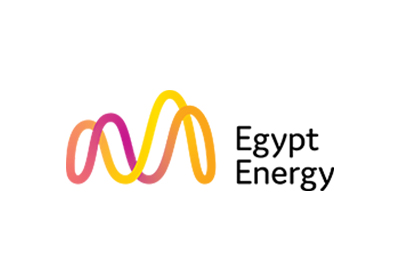
The Smart Revolution: Home Smart Meters for Electricity Usage
In an era where technology permeates nearly every aspect of our lives, it's no surprise that our homes are becoming smarter as well. Home smart meters for electricity usage are a shining example of how innovation is transforming the way we interact with energy. These devices, also known as smart electricity meters, offer numerous benefits to homeowners and the broader energy ecosystem. In this 750-word text, we will explore home smart meters, their functionality, advantages, and the role they play in modern energy management.
Understanding Home Smart Meters
Home smart meters are advanced digital devices designed to replace traditional analog electricity meters. They are a crucial component of the emerging smart grid infrastructure, which aims to modernize and enhance the efficiency of our electrical distribution systems. Smart meters measure and record electricity consumption in real time and communicate this data back to utility companies electronically, typically through wireless networks.
Functionality of Home Smart Meters
-
Real-time Data Collection: One of the most significant advantages of home smart meters is their ability to provide real-time data on electricity consumption. These devices continuously monitor energy usage, allowing homeowners to access detailed information about how much electricity they are using at any given moment.
-
Two-way Communication: Home smart meters are equipped with two-way communication capabilities. They can send data back to utility companies for billing and grid management purposes while also receiving signals that enable demand response programs and dynamic pricing. This two-way communication enhances the efficiency of the electrical grid.
-
Remote Access: Homeowners can access their electricity usage data remotely through web-based portals or mobile applications. This remote access allows them to track their energy consumption patterns, set energy-saving goals, and receive alerts or notifications about unusual spikes in usage.
-
Elimination of Estimated Billing: Smart meters eliminate the need for estimated billing, as they provide accurate real-time data. This ensures that homeowners are billed only for the electricity they have actually used, improving billing transparency and customer satisfaction.
-
Time-of-Use Pricing: Many utility companies offer time-of-use pricing plans, which vary electricity rates based on the time of day. Home smart meters enable homeowners to take advantage of these plans by helping them identify and shift energy-intensive activities to off-peak hours, potentially reducing their electricity costs.
Benefits of Home Smart Meters
-
Energy Efficiency: Home smart meters empower homeowners to make more informed decisions about their energy usage. By understanding their consumption patterns in real time, individuals can identify areas of inefficiency and take steps to reduce energy waste, leading to cost savings and a smaller environmental footprint.
-
Cost Savings: Smart meters can help homeowners save money by optimizing their energy use. By tracking electricity consumption closely and taking advantage of time-of-use pricing plans, homeowners can reduce their monthly energy bills.
-
Environmental Impact: Reducing energy consumption is not only good for the wallet but also beneficial for the environment. Smart meters support sustainability efforts by encouraging energy efficiency, which ultimately leads to reduced greenhouse gas emissions and a smaller carbon footprint.
-
Grid Management: On a broader scale, the data collected by home smart meters plays a crucial role in the management of the electrical grid. Utility companies can monitor electricity demand and distribution more efficiently, leading to reduced grid congestion, fewer power outages, and improved grid reliability.
-
Enhanced Customer Service: With the ability to access accurate and up-to-date energy usage data, utility companies can offer better customer service. They can respond quickly to outages, address billing inquiries more effectively, and provide personalized energy-saving recommendations.
-
Integration with Renewable Energy: Home smart meters can integrate seamlessly with renewable energy sources such as solar panels. By monitoring energy generation and consumption simultaneously, homeowners can maximize their use of clean energy and potentially sell excess electricity back to the grid.
-
Support for Electric Vehicles: As electric vehicles (EVs) become more popular, smart meters play a crucial role in managing the increased demand for electricity. Homeowners with EVs can schedule charging during off-peak hours, reducing strain on the grid and minimizing charging costs.
-
Privacy and Security: Smart meters are designed with robust security measures to protect user data and ensure privacy. Data encryption and authentication protocols are in place to safeguard against unauthorized access.
In conclusion, home smart meters represent a significant advancement in the realm of energy management. Their real-time data collection, energy efficiency benefits, cost savings potential, and environmental advantages make them essential tools for homeowners and utility companies alike. As we continue to prioritize sustainable energy practices and efficient resource utilization, home smart meters will continue to play a pivotal role in shaping the future of energy consumption, enabling a more informed and responsible approach to electricity usage.

